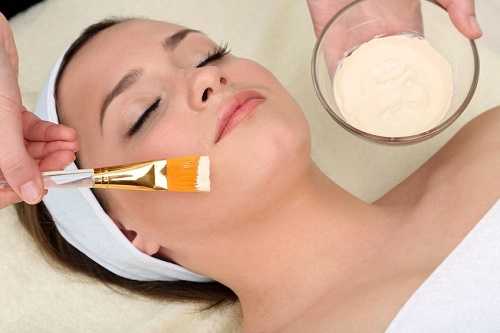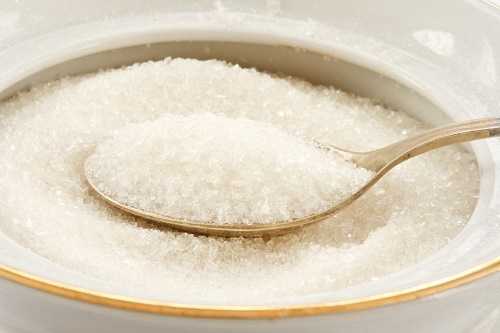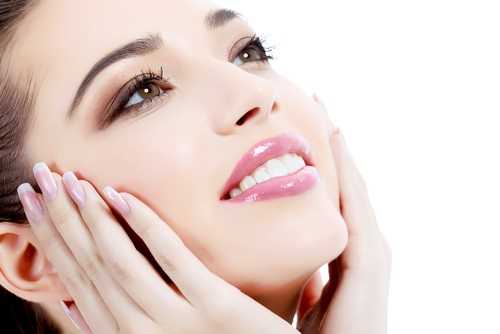Your skin is the largest organ of your body, covering about 3,000 square inches of area. It keeps you warm, retains moisture, and protects you from infection. The skin is a remarkable organ, but it can also be a source of embarrassment when breakouts of acne occur.
If you are looking for some tips for dealing with body acne, here are some of the most effective ones.
1. Get Adequate Rest
Stress hormone levels increase by 14% for every hour of sleep lost in a night. Glucocorticoids are a type of stress hormone well known to affect skin structure and function. Increases in glucocorticoid levels can worsen acne and reduce your skin’s ability to heal.
Researchers recommend that you get an average of eight hours per sleep each night and that you keep the room temperature between 65 and 70 degrees Fahrenheit to improve sleep quality.
2. Get Exercise
Exercise reduces levels of glucocorticoids, but it also helps to regulate other hormone levels, improve metabolism, boost immune function, and increase blood and oxygen flows to the skin. Overall, exercise is one of the best things you can do to improve acne.
That said, sweat can irritate skin and worsen breakouts, so be sure to shower immediately after working out. Wipe away excess sweat during your workout and avoid clothing that traps sweat against your skin.
3. Exfoliate
The exact cause of acne isn’t known, but clogged pores are a part of the problem. Most of what clogs our pores doesn’t come from the environment, but directly from our own bodies. Sweat, oils, and dead skin can all get trapped in pores and lead to acne. Using a mild abrasive, such as a salt or sugar scrub, is a great way to clear waste products from your skin. Be sure to moisturize after exfoliating to reduce inflammation, which can also contribute to acne. Most dermatologists recommend cleansing the skin twice per day.
4. Avoid Sugar
There is a lot of controversy over just how much of an effect diet has on acne. Truth be told, the impact of diet varies greatly from one person to another. It is pretty clear, however, that sugar, which causes spikes in insulin and other hormones, is a major factor in the development of acne.
You don’t have to avoid all sugars, but you need to consume less “added sugar.” What does that mean? It means don’t add sugar to your drinks, avoid sweetened products like chocolate and soft drinks, and generally try to eat foods that don’t contain too much sugar. Fruits are fine in most cases, but try to eat berries, which are lower in fructose than things like apples and bananas.
Read also – 7 Crucial Reasons to Give Up Sugar
5. Don’t Touch
This is hard to do, but if you can avoid touching your body then you should. Our fingers not only contain loads of oil, they also contain loads of bacteria. Even if the bacteria on your fingers do not directly cause acne, they can lead to inflammation that increases the likelihood that acne will form. Touching your face can be especially problematic.
Read also – 7 Incredible Herbs to Eat to Fight Acne
6. Increase Your Water Intake
Research has shown that drinking just two additional cups of water per day will significantly increase blood flow to the skin. This, in turn, helps the skin to get necessary nutrients and rid itself of waste.
Removing waste products from the skin reduces inflammation and improves the skin’s ability to deal with unexpected insults (like high sugar intake or a sweaty workout). Drink one glass of water in the morning and one in the afternoon to make a huge difference in your skin clarity.
Read also – 7 Ways to Increase Your Water Intake
7. Use Sunblock
Some people worry that the chemicals in sunblock will worsen acne, but the truth is that UV damage from the sun is a major cause of inflammation and pimples. Look for sunblocks that are advertised as “noncomedogenic” so that you don’t have to worry about them clogging pores.
Avoid products that contain zinc oxide or titanium oxide as those tend to block pores. Better ingredients include avobenzone and octocrylene. A high-quality sun block not only protects your skin from acne, it protects it from cancer as well.
8. Change Your Diet
Omega-3 fatty acids, usually associated with nuts and certain fish, have been shown to decrease inflammation throughout the body. You can either eat more foods that contain this acid or you can take supplements of omega-3 fatty acid.
Omega-3 fats not only improve your skin, they boost heart and brain health as well.
Read also – 10 Foods to Eat Every Day for Perfect Skin
9. Watch Your Hair and Bathing Products
All shampoos, soaps, conditioners, hair sprays, and other hygiene products are not created equal. Some contain oils that can seep into and block pores. Others can cause inflammation that leads to acne.
It can be hard to know which product will work best for you, but try to avoid anything that is excessively greasy or that makes you itchy or red or produces a rash. Look for soaps that wash away completely.
10. Clean Your Phone
This one is relatively new, but the ubiquity of cellular phones and our constant handling of them for texting, emails, and calls has made them a significant source of bacteria. Experts recommend that you wipe your phone down with an antibacterial product at least once per day. Even a little liquid hand sanitizer will do the trick in a pinch.
Read more – 7 Bad Skin Habits You Need to Quit
When it comes to acne, the bottom line is inflammation. Reducing inflammation through good diet, good hygiene, and careful use of anti-acne products will significantly reduce your propensity to develop acne. Beyond that, good skin care and careful cleaning will help to keep pores open so that the skin can effectively remove toxins and waste products.











